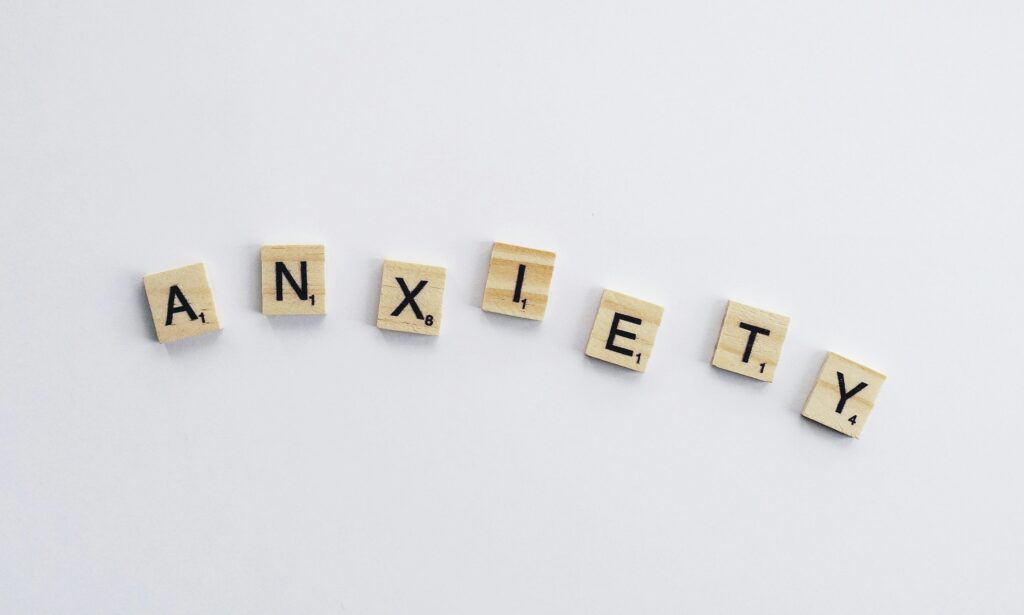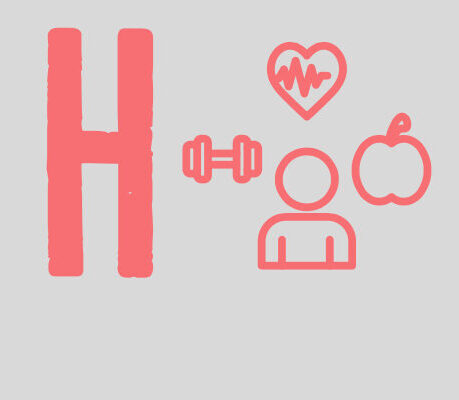May 2, 2024
Anxiety
It appears that anxiety has become a part of the modern western world. Especially during mental health awareness month it is important to ask ourselves whether or not this level of anxiety just for our day to day activities is normal or not. As humans historically we used to get anxious when we perceived danger. Anxiety is a natural response to stressful life events however frequent daily experience of anxiety and anxiety-related symptoms is so out of the norm for humans. It is indeed a condition that we have accustomed into it and that it is in no shape or form a natural part of existing as a human.
Understanding Anxiety
It is important to understand anxiety and anxiety disorder better. Anxiety, for sure, is a complex emotion, maybe best characterized by feelings of worry, nervousness, or unease about a future event or uncertain outcome. Anxiety symptoms vary and they have a physiological impact on our body, like increased heart rate, sweating, and tense muscles, as well as psychological symptoms such as racing thoughts and difficulty concentrating. Anxiety can range from mild to severe and can interfere with daily functioningif it is severe and left untreated. It is important to seek mental health services e.g. even through a mental health hotline for a mental health counselor or mental health therapist near you. You have to remind yourself that you are not alone in this.

Photo by Suzy Hazelwood: https://www.pexels.com/photo/white-and-brown-wooden-tiles-3656855/
Years ago, in my college years, I would get anxious because of upcoming challenging exams. Those days were not the best days of my life, and those feelings were not the easiest feelings. I did not want to admit to myself that I am not a confident young adult and that I experience anxiety. The way I can describe that feeling is that I had difficulty dealing with emotions that came while anticipating an exam, a bad grade, et cetera. It was difficult to see what questions would come on the exam and the anticipation of whether I would pass the exam or not. Millions of thoughts and questions raced through my mind every minute. For example, what if I don’t pass the exam? Then what would I do? Could I finish my semester on time or not? What would I then tell my parents? I was anticipating what possibilities were ahead of me and what directions my life would take. Sometimes the feelings would get too intense to the point that I was not able to function normally, e.g., not be able to sleep all night. This was probably called “severe anxiety.” or “anxiety attack” due to the panic attacks and social anxiety and generalized anxiety disorder that I was suffering from, I ended up on anxiety medication. Because the medication made me too drowsy, I had to stop taking it. It is completely normal to be anxious sometimes; however, if it is a frequent occurrence in our daily lives, then it is considered problematic. Anxiety is not one of my preferred terms to use because nowadays it is overly used, and before, it used to be a natural state of humans’ minds. However, these days it is overly used, but it is more severe, and in many cases, it refers to its pathological state. Back in my college years, I felt a sense of anxiety, fueled by the anticipation of discovering which life path my journey would ultimately take. I cannot say that this was abnormal because if I were not that anxious, maybe I wouldn’t have tried to study harder for my exams.

Photo by Andrea Piacquadio from Pexels: https://www.pexels.com/photo/woman-in-white-shirt-showing-frustration-3807738/
There is no question that biological factors predispose some people to pathological anxiety (such as phobias and panic attacks). However, traumatic life events, psychological variables, and social factors are all important causes of anxiety (Canadian Psychiatric Mental Health Nursing).
Acute stress disorder develops within one month of a very traumatic experience, such as those that cause PTSD. To be diagnosed with acute stress disorder, an individual must exhibit at least three dissociative symptoms during or after the traumatic experience, including a subjective feeling of numbness, detachment, or lack of emotional response; a decrease in awareness of surroundings; derealization (a perception of unreality in relation to the environment); or dissociative amnesia (memory loss), according to the Canadian Network for Mood and Anxiety Treatments (2013), as cited in the Canadian Psychiatric Mental Health Nursing. Acute stress disorder usually resolves within four weeks, according to Canadian Psychiatric Mental Health Nursing. This is, in fact, very good news. But it is still important to be aware of its progression and seek help in a timely manner.
Anxiety can be crippling; therefore, it is important to support one another and hear each other out. Sometimes just a set of ears hearing the unrealistic fears we experience can be enough to help us pick ourselves back up and continue. Being compassionate and not judging and blaming those who express such feelings is important so that all of us can open up and talk about mental health without being stigmatized.
SOLUTIONS TO A PEACEFUL MIND
On a daily basis, it is important to be proactive and self-conscious about anxiety-provoking events that very much might be out of our control. And know that if we do not learn how to deal in a healthy way with such life circumstances, most probably we will experience its impact on our overall health. Prevention is much easier than treatment. Mindfulness and reconnecting our mind, body, and soul will give us a sense of peace and tranquility. Tuning in with nature is a good way to make us feel grounded and balanced. Going for a little walk to clear our mind is a great way to calm ourselves down and see the truth of our lives for what they are.
In today’s world, with the advancement of technologies, we can connect and reach one another more than ever. However, we do not check on each other as much as we should. To do that, we have to harness our inner power and set our intentions straight by distancing ourselves from negativities such as news channels, aka bad news. These channels talk about bad news after bad news all day long. Giving away our power, which is our attention, to them will continue to make money for them and rob us of our peace. We owe it to ourselves to safeguard our mental health. Regardless of how much the whole world wants to talk about never-ending wars and conflicts, protests, etc. day after day, it appears that the intention is not to solve those problems that exist in the world but just to talk about them over and over as a source of entertainment. Tuning in to such channels not only robs us of our time and attention that we could have used towards something healthier and more productive, but they also infuse us with negative feelings.
Mental health awareness is the key. To maintain our peace of mind, it is important to spend time with ourselves: cook our favourite dish, listen to our favourite song, go for a little walk, call a friend or a family member, journal, etc. We need to not only be vigilant about our own mental health, but we also need to be a source of light and positivity in other people’s lives. Being generous in expressing our love and affection to others and accepting others for who they are is important so that we can alleviate some of the pain associated with mental health. Feelings of security bring a sense of calm and peace to the world. We can start making this world a more beautiful place by starting with ourselves and expressing the love we have for them instead of holding back. Change starts within. If we can only transform our own mindset and outlook and be kinder to one another, then we can expect improvement in the world and its circumstances.
I end up this blog with a few of my favourite mental health quotes. I hope that you enjoy them as much as I did when reading them.
- “Always try to be a little kinder than is necessary.” – J.M Barrie.
- “No one is usless in this world who lightens the burdens of another.” – Charles Dickens.
- “I am not afraid of storms for I am learning how to sail my ship.” – Louisa May Alcott.
